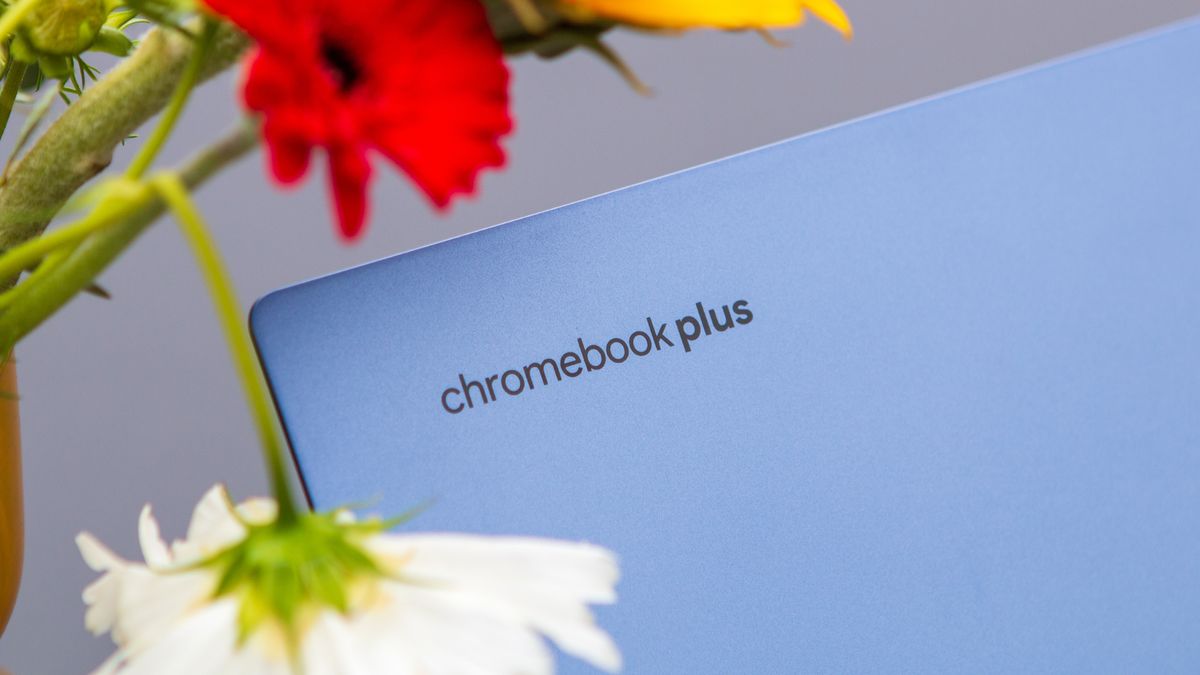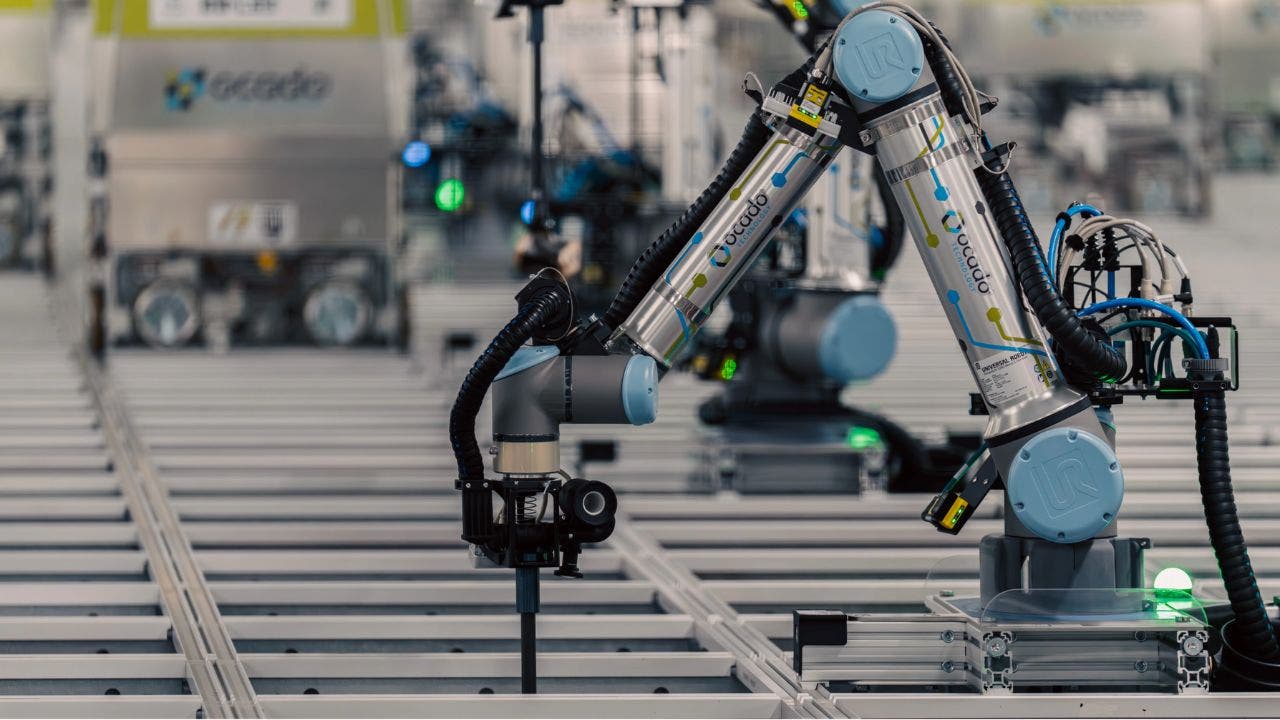MediaTek Revolutionizes Chromebook Market with Kompanio Ultra Chip

In recent years, Iâve consistently highlighted how Chromebooks serve as an ideal platform for Arm processors. While many of the current models leverage existing Arm technology, Iâm referring to the advanced Arm processors found in several high-performance Windows laptops, notably Qualcomm's Snapdragon X Elite, which made its debut in late 2023.
My anticipation was that, eventually, manufacturers of Chromebooks would begin to consider integrating a flagship Arm System on Chip (SoC) into their devices. However, it turns out that this shift is happening, but not through Qualcomm. Instead, MediaTek has recently announced its new Kompanio Ultra chip, specifically designed for the forthcoming generation of Chromebook Plus devices.
There are several compelling advantages to using processors built on the Arm architecture compared to traditional x86 chips. One of the primary benefits is the ability to produce a Chromebook that excels in both power and battery efficiency. Currently, consumers often have to choose between performance or longevity, as only a select few of the best Chromebooks successfully strike a balance between the two.
Another significant advantage of Arm-powered laptops is their lightweight and compact design, making them particularly appealing to students and on-the-go professionals. This is one reason why Lenovo's Chromebook Duet line continues to enjoy a loyal following. The Duet range combines a compact form factor with sufficient power, all while maintaining a relatively affordable price point compared to other tablets and laptops available on the market.
While I hold a deep appreciation for the Duet, especially the Duet 11, I still find it doesnât quite fulfill my needs in the same way that my Surface Pro 11 does. Itâs important to clarify that these two devices donât directly compete except in terms of their form factor; the Surface Pro 11 starts at a hefty $999 for the base model featuring the Snapdragon X Plus, with the price reaching up to $1,499 for the advanced X Elite configuration. In contrast, the Duet 11 is attractively priced at $399 for its base model, which includes a keyboard folio cover and a stylusâfeatures that are offered as extra costs with the Surface model.
When MediaTek introduced the Kompanio Ultra, they effectively addressed all the crucial points sought by users who need a powerful yet energy-efficient device. This chip boasts an impressive battery life of up to 20 hours on a single charge, owing to its capability to consume up to 50% less power compared to its competitors. Moreover, the Ultra supports LPDDR5X memory, is fabricated on a cutting-edge 3nm process, and features an innovative âall-big-core CPU structure.â Consequently, MediaTek asserts that the Ultra will deliver up to 18% faster CPU performance, enabling users to enjoy the latest Android games at a smooth 60 frames per second. Additionally, for those enthusiastic about artificial intelligence, the Ultraâs NPU 890 offers robust support with its 50 TOPS NPU, facilitating advanced on-device generative AI processes.
Overall, it appears that MediaTek has hit the mark with these advancements, and now we eagerly await the arrival of new Chromebook models equipped with this technology. However, this leads to a point equally as significant as securing flagship Arm chipsâthe expansion of the Chromebook Plus requirements.
This aspect of the announcement didnât attract much attention initially, and I only realized its importance upon reviewing the press materials. Up until now, Chromebook Plus models have been required to utilize either an Intel Core i3 12th Gen processor or higher, or an AMD Ryzen 3 5000 series chip or better. This restrictive criterion has excluded numerous commendable options from being eligible for the Chromebook Plus branding, including the Chromebook Duet 11, which meets all of Googleâs specifications except for its Kompanio 838 processor. Consequently, the Duet 11 is classified simply as a Chromebook and not a âPlus.â
This development is monumental, as it paves the way for a new wave of innovative Chromebooks powered by MediaTek technology. While Iâm hesitant to get ahead of myself, the future appears promising. However, I can't help but question why Qualcomm has remained passive in this arena, allowing MediaTek to seize this opportunity.
Interestingly, perhaps the very existence of this article might prompt Qualcomm to announce a new chip for Chromebooks in the near future. After all, it seems to have worked when I previously pondered whether we were witnessing a gradual decline for Chromebooks. So, maybe Qualcomm will step up, inspired by a similar call to action?
















